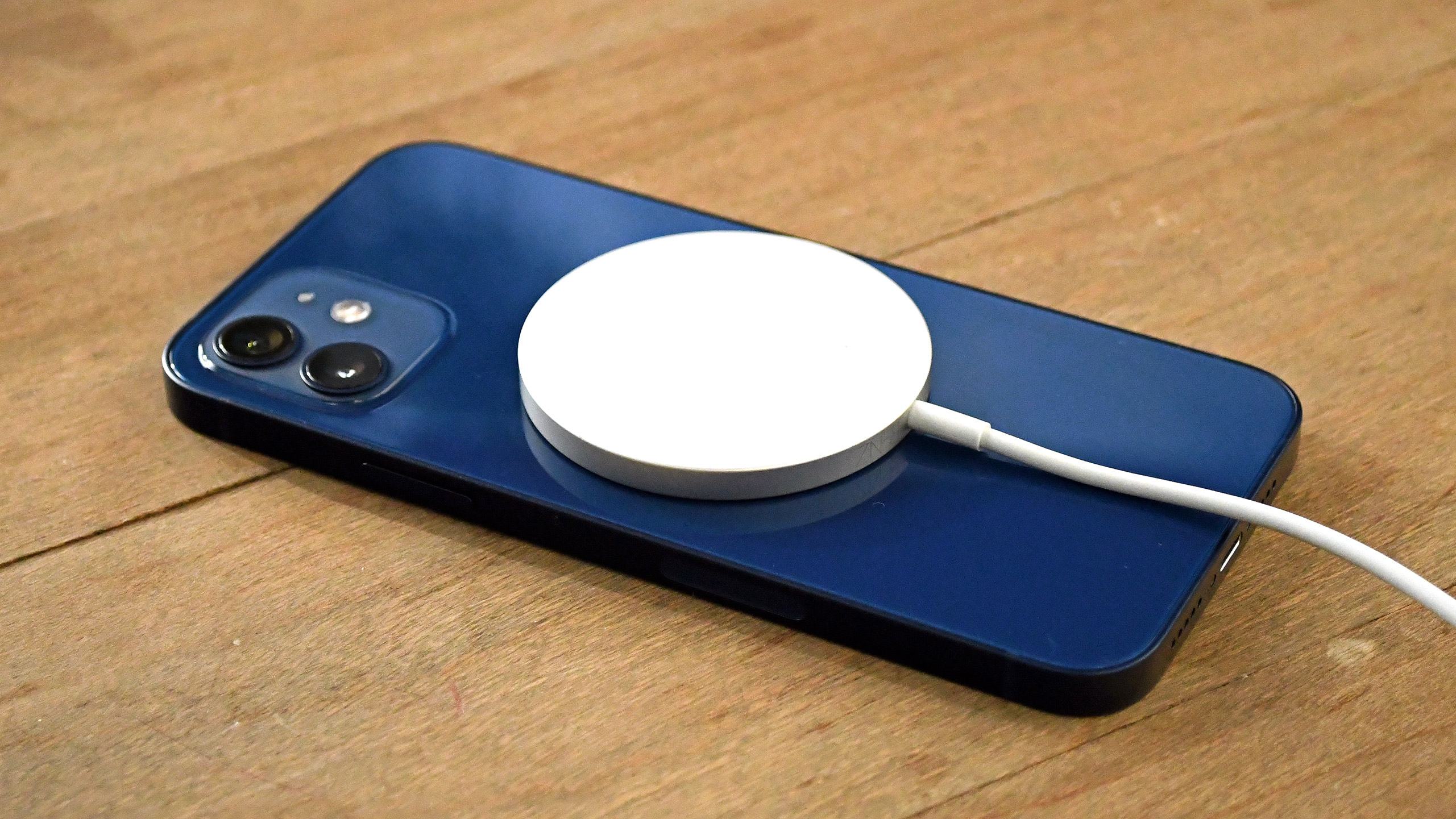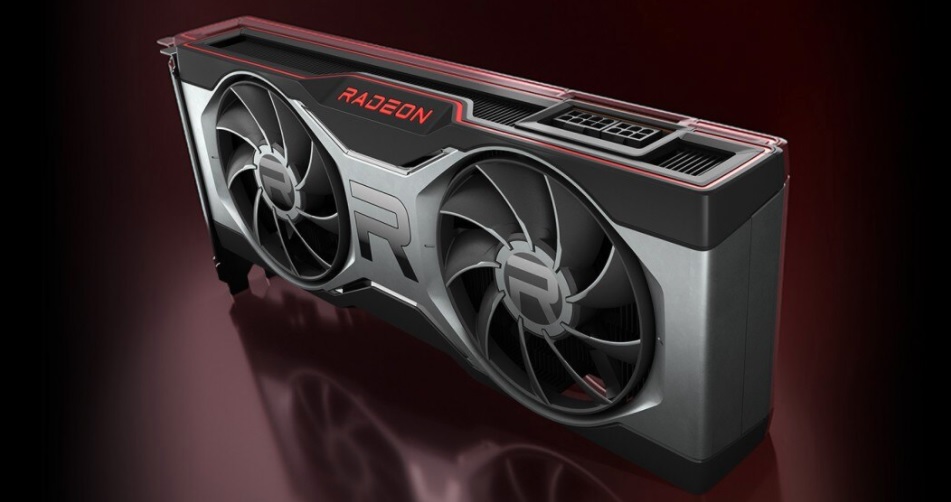Apple says iPhone 12 can wreak havoc on your pacemaker
If you rely on a pacemaker to survive, make sure to keep your iPhone 12 well away

Apple has updated support documents on its magnetic charging system for the iPhone 12, confirming that MagSafe devices may cause electromagnetic interference with devices like pacemakers and defibrillators.
Since the launch of the iPhone 12 and MagSafe, there have been some concerns over how it could interfere with important medical devices. And those have turned out to be justified. Apple's advice in response is to keep your iPhone 12 at least 6-12 inches away from a MagSafe charger and its latest flagship phone.
- Everything we know about the iPhone 13
- What you need to know about the MacBook Pro 14-inch 2021
- Plus: iPhone 12s or iPhone 13? What Apple will call this year’s iPhone
The MagSafe system involves using a ring of magnets on the back of the iPhone 12 to snap a Qi wireless charger into place when they're placed together. The magnets ensure the charger is always in the right position, but can still be disconnected at a moment's notice.
However, magnets and medical equipment don’t have a very good history. As the updated support document mentions: “Medical devices such as implanted pacemakers and defibrillators might contain sensors that respond to magnets and radios when in close contact. To avoid any potential interactions with these devices, keep your iPhone and MagSafe accessories a safe distance away from your device (more than 6 inches / 15 cm apart or more than 12 inches / 30 cm apart if wirelessly charging). But consult with your physician and your device manufacturer for specific guidelines.”
Apple has also added language to emphasize the fact that MagSafe accessories also contain magnets, and that the chargers themselves use radios. Both of those things can interfere with medical devices if they get too close.
MacRumors noted that at least one medical article has accused Apple’s MagSafe of doing just this. The post, from Heart Rhythm Journal claims iPhone 12 handsets can “potentially inhibit lifesaving therapy in a patient." Apparently doctors in Michigan held an iPhone 12 near an implanted cardioverter defibrillator, only for it to enter a “suspended state."
Obviously, if you’re reliant on these types of devices, the last thing you need is for your iPhone to cause it to malfunction. So if you do have one, make sure to get some expert advice from your doctor and err on the side of caution. If you think the iPhone 12 or MagSafe is interfering with your medical device's daily functions, Apple recommends you stop using the iPhone and charger.
Sign up to get the BEST of Tom's Guide direct to your inbox.
Get instant access to breaking news, the hottest reviews, great deals and helpful tips.
Despite the potential risks to some patients and other magnet-related problems, it seems MagSafe is here to stay. Not only do we expect it to appear on the iPhone 13, word is that Apple will be launching an upgraded MacBook Air that uses a similar magnetic charger. Meanwhile, the next MacBook Pro 16-inch is tipped to feature an updated version of the classic breakaway MagSafe cable.

Tom is the Tom's Guide's UK Phones Editor, tackling the latest smartphone news and vocally expressing his opinions about upcoming features or changes. It's long way from his days as editor of Gizmodo UK, when pretty much everything was on the table. He’s usually found trying to squeeze another giant Lego set onto the shelf, draining very large cups of coffee, or complaining about how terrible his Smart TV is.
-
sccarlin If this was any manufacturer but Apple, the headline would scream "LATEST SAMSUNG ( LG, GOOGLE whichever) DEVICE WILL KILL YOUR GRANDPA"Reply
